I got the opportunity to hang out with a bunch of other campaigners a few weeks ago to think about some of the challenges that large campaigning organisations are facing.
Walking into the day, I came up with my list of the 7 biggest challenges on my mind at the moment – I’d be interested in how they compare to what you’re seeing;
1. Where is the real ‘New Power’ – there is rightly interest in the principles of New Power that Jeremy Heimans and Henry Timms have outlined in their book, and of course many of the movements that we’re seeing get traction at the moment are because they’re able to harness ‘new power’, but reading Carl Miller’s ‘The Death of the Gods‘ got me thinking about some new sources of power that are perhaps far less benevolent – criminal networks, hackers, fake news factories and government-run disinformation campaigns.
If power has three forms – visible, hidden and invisible – do we need to be spending more time considering the invisible form of new power that are increasingly shaping much of the political landscape we’re campaigning in? Do we need to reconsider the targets that we’ve traditionally focused our campaigning towards are struggling to respond to, if so how do we approach campaigning towards these institutions?
2. Can we hold the center ground? – In a world where echo chambers exist is much of our campaigning actually further entrenching polarisation – it’s a theme that is brilliantly explored in this post by Ali Goldsworthy and Rob Blackie.
This is a really hard challenge – on one hand it’s the knowledge that many of the most successful changes have come about because they’ve been able to build coalitions that sit across apparent divides, but on the other, the knowledge that to generate action and activism, we need to focus on creating jeopardy and opponents in our messaging to ensure that a campaign stands out.
Throw that into a world of echo chambers where it can be harder and harder to mix with those who hold different opinions, so our views and approaches are never challenged so do we lose a sense of where the center ground even is?
3. Demonstrating value and impact – it’s easy to argue that it’s not possible to measure the impact of campaigning, that it’s more of an art than a science, but in a time when many organisations are having to consider how best to use the increasingly finite resources that they have how do we demonstrate the value and impact of campaigning to ensure it gets the resourcing that it’s required within an organisation, or provide space for projects to be piloted and grow slowly to demonstrate impact before going to ‘scale’.
4. Breaking out of our ‘cut and paste’ approach – I’ve got big ambition and ideas about what we might want to do differently in our campaigning, but as I’ve written about before moving to a new approach is often easy to say than do. I see how we can fall into the trap of ‘cutting and pasting’ from our previous campaigns, reusing the tactics that we know work, because implementing them is easier and safer than trying a new approach. How do we create the space to innovate with new ideas and approaches.
5. Building a leadership pipeline all the way to the top – I’m proud of how organisations like Campaign Bootcamp have rightly focused on growing the number of people who are able to access brilliant campaign training and put it to work to create – and after 14 camps it’s brilliant to see the community that has formed, but do we also need to focus at the other end of the leadership pipeline? To ensure that we have campaigners who are equipped to step into executive leadership positions across NGOs and other organisations. I’d argue that the number of senior leaders in the charity sector who come from a ‘campaigning’ background is still low. Is there more that needs to be done to equip campaigners to be lead organisations?
6. Are we actually guilty of astroturfing? – it’s easy to sit smugly thinking that we couldn’t be responsible for astroturfing – the concept in campaigning where the impression of widespread grassroots support for a policy, individual, or product, where little such support exists, and while no campaigning organisation would go out and deliberately take an astroturfing approach, do we have the depth of support for our issues that we often claim?
7. Taking cybersecurity seriously – I’ll be honest that I’ve been fairly ambivalent about the importance of thinking about cyber-security as a campaigner, but with all the focus on GDPR in the last 12 months it’s made me think much more about the importance we need to attribute to it, but the challenge is how to develop approaches quickly enough to adapt to the latest trends and tools, but also ensure that we’re rightly taking the right steps to protect the data of our supporters.

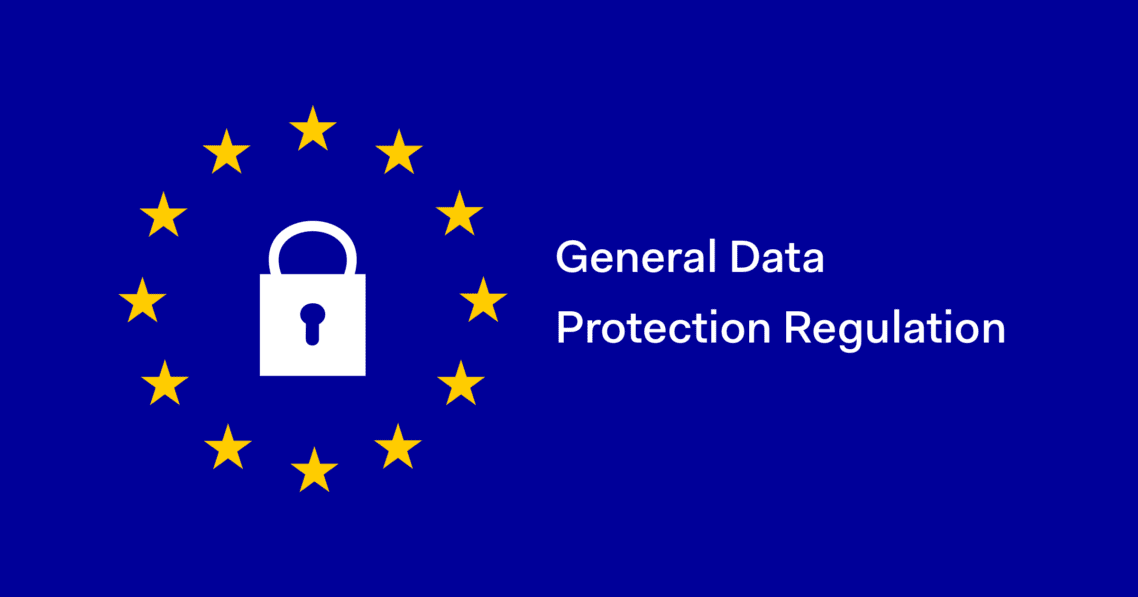



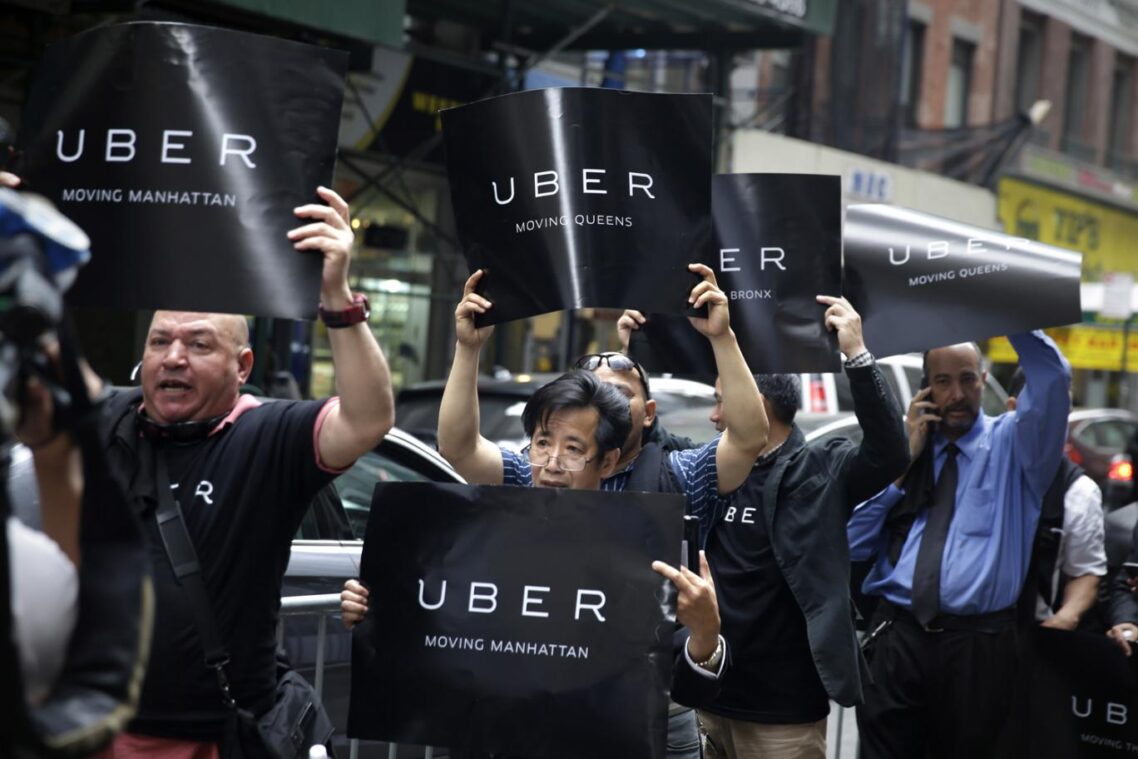
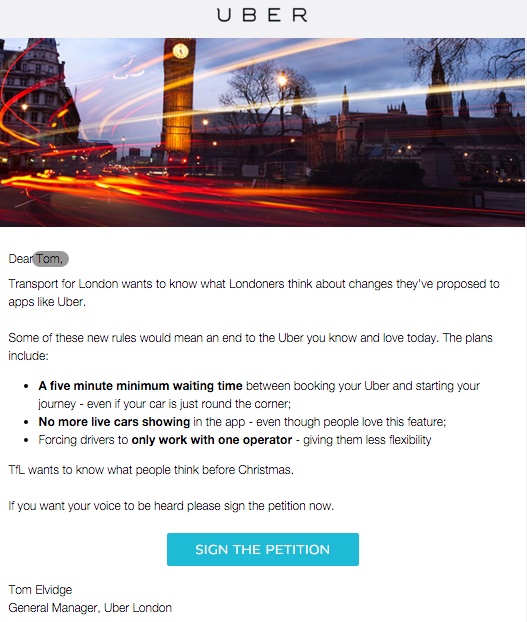
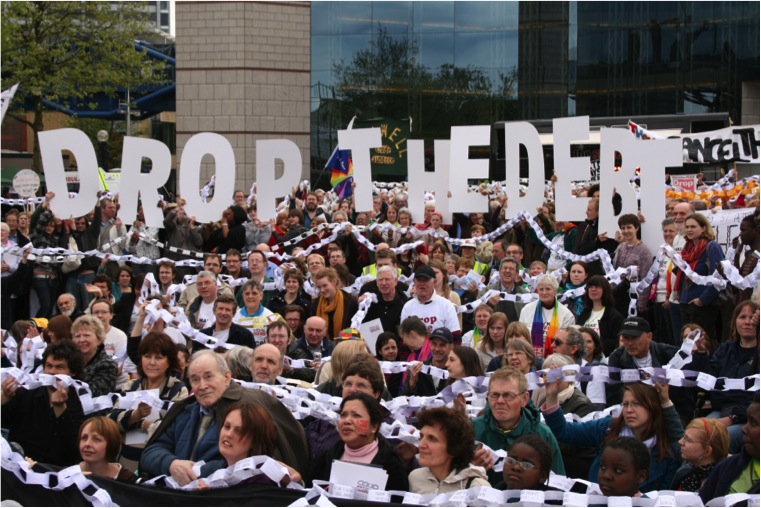
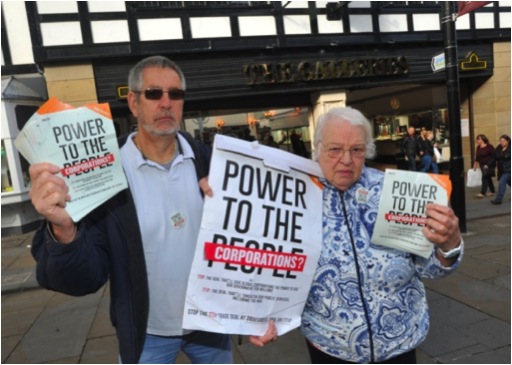

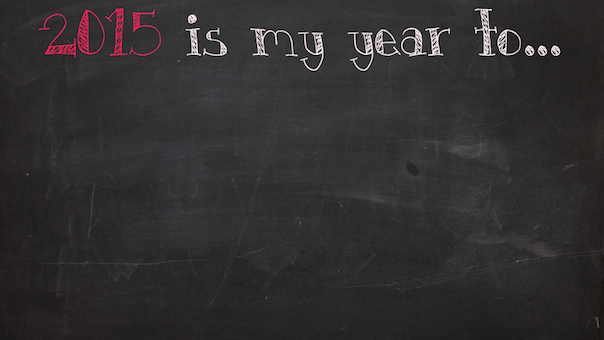
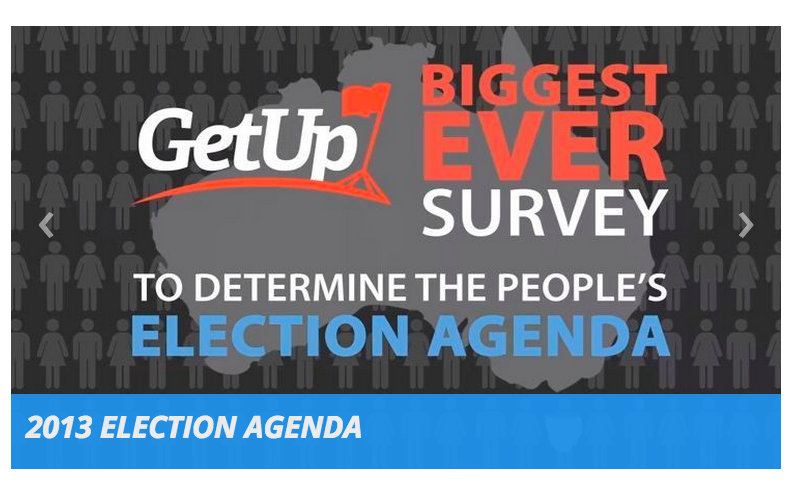
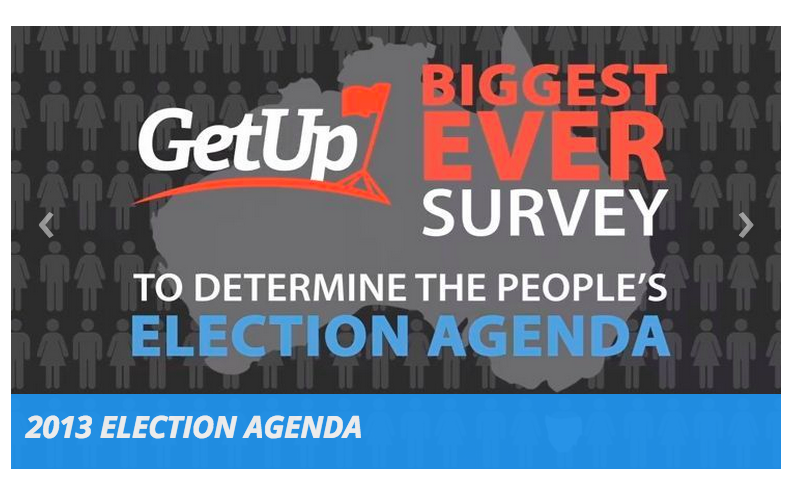 elections, campaigners in the UK get very excited about the one happening ‘across the pond’ in the US.
elections, campaigners in the UK get very excited about the one happening ‘across the pond’ in the US.